NRL
Give yourself the best chance
It was the start of the 2019 season, the very first game of the year up in North Queensland, and it’s so very hot and sweaty at that time of year.
I was going in for a kick chase and the fullback jumped up to catch the ball but mistimed as I was flying in to make a tackle.
He caught a ball alright. I ended up with a ruptured testicle. At first, it was a pretty uncomfortable feeling, but something you’ve just got to cop. I was in a fair bit of discomfort and waiting for that second wind to come and then I’d be alright. I played a little longer, but the pain didn’t go away.
At a stoppage, I let the trainer know that I thought I couldn’t carry on because of the pain, and I wasn’t able to do my job.
I came off and had the doctor look at it. There’s not much you can see from the outside: a rupture happens, and you can’t see anything unless it’s split.
We went to the local hospital for a quick MRI and by the time I’d got there, it had grown to the size of a small orange. Luckily a surgeon was available, and I managed to get it sorted that night.
When you think of who has the biggest balls in the NRL – for at least one night, I did.
It’s not that common an injury – well, you do get hit in the nuts, but not many rupture a testicle. It’s more the unknown of ‘what is this going to do long-term?’ but once you have surgery you begin to digest the complications of what can happen.
In the end, I only missed a few weeks, but from now on, I’ve decided to wear protection down there, which allows me to go on the field not worrying.
If you get smacked in the mouth and lose a tooth, you’d start to wear a mouthguard: I ruptured a testicle, so now I wear a cup. And nobody sledges me for it.
Injuries happen in rugby league. It’s an inevitability. What you can do is be prepared for them, put your health first and make sure you’re in the best position not to get hurt.
When you’re going on the field, you have to believe that if you’ve put in the training and built up your body to be as strong as possible that you’re giving yourself the best chance of not getting injured.
It’s about knowing that you’ve put in the work to get yourself as optimally prepared as possible, doing the hard yards so that you know that when you go out on the field you can just concentrate on doing your best.
You can ask any player: if you’re not 100% in training, especially in contact, that’s when people get hurt because they’re not using the proper technique.
You have to trust the preparation
I’ve had syndesmosis and I know how hard the recovery can be. It’s tough. It’s not so much the pain of the injury, it’s the confidence in yourself to come back and play after being hurt.
When I hurt my ankle, I doubted that I would be as strong and as able to move laterally. But you have to have faith in the staff: we have physios and doctors who know when the body has healed and can put your mind at ease.
At training, getting confidence back in yourself is a big thing. Not worrying about it takes time. You have to trust that preparation and hard work in rehab so that when you go out and perform again it’s going to be OK.
Rehab and prehab are things that you have to learn as you get older. If I was speaking to my younger self, I wouldn’t talk about injuries – they’re a part of sport. Instead, I’d talk about doing everything possible off the field with my health to ensure I stay on the field.
Nutrition is an example.
Of course, I knew what foods were good for the average joe, but for me, I needed to know what to eat that would help me be healthy and still perform at the highest level.
That was a huge learning curve for me.
I was a pretty big kid. When I got to about 16, I knew I wanted to do something with footy. Training was something I didn’t really like, but I knew I had to do it.
I didn’t want to start fitness work but knew once it was done I’d get that satisfaction that everyone does when they exercise.
Kids coming through now are lucky in that sense. When I was coming through, unless your parents knew what they were doing, you had to watch the older blokes. That’s where I learned.
I watched what the senior players were doing day in/day out, how they looked after themselves in terms of stretching and weights.
You have to look after yourself a lot more the older you get, because your body doesn’t recover as well. You need the ice baths and nutrition.
You never get it fully right when you start, but if you’re willing to invest and make your physical and mental heath a priority, it makes it a lot easier.
There’s a lot of misinformation and information overload these days, but there’s so much out there so it is perhaps a bit easier than when I started.
In the end, if you’re committed to your health, you learn what works for you and then follow it through with the discipline required.
Everyone’s built differently but where I am now, after all I’ve learned, is where I’m best.
More about: nib
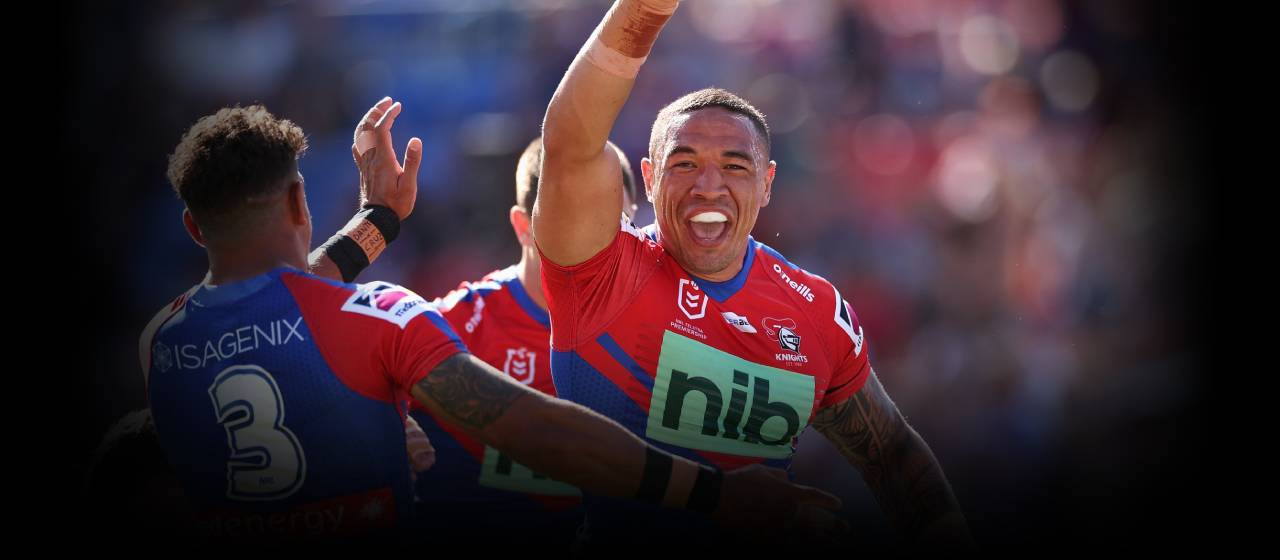
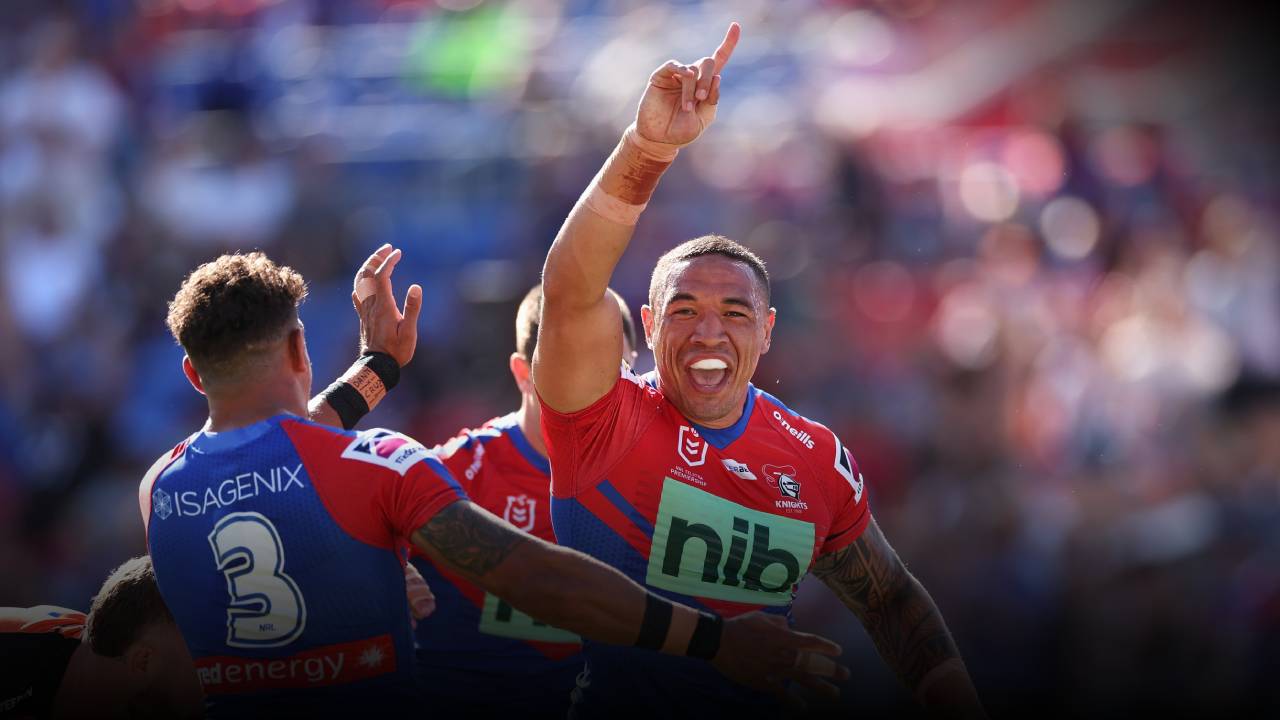

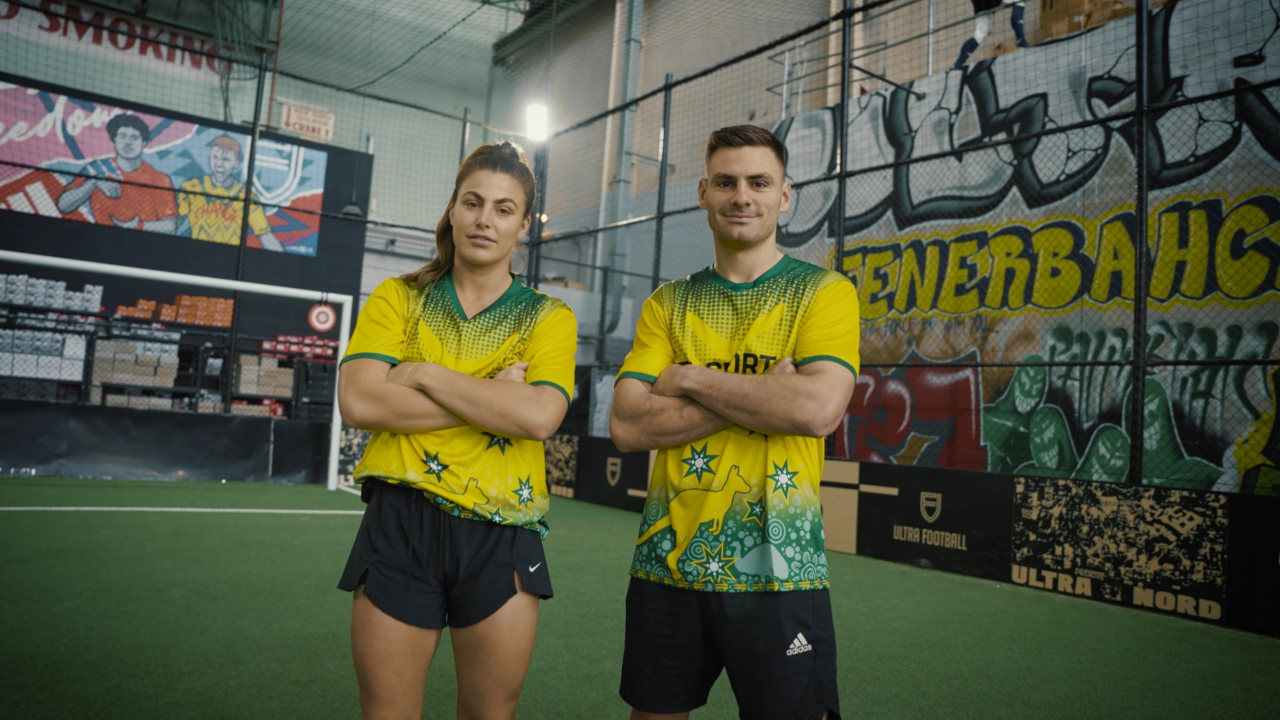
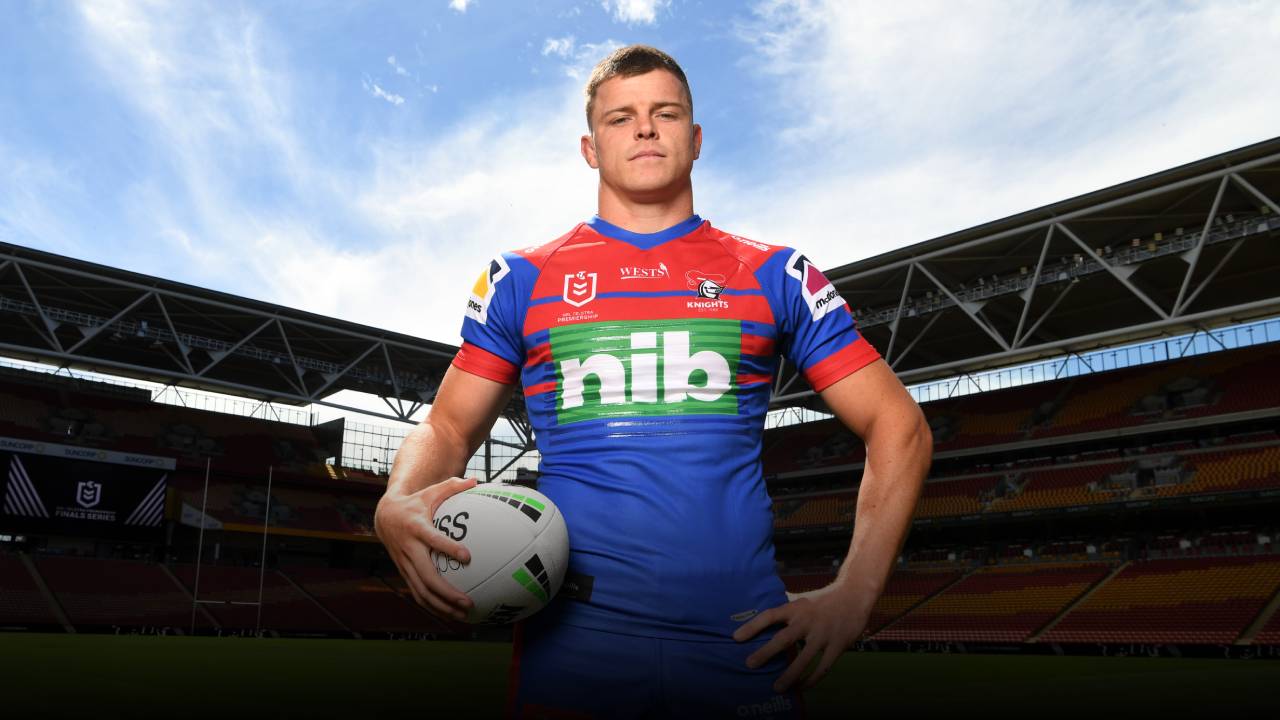
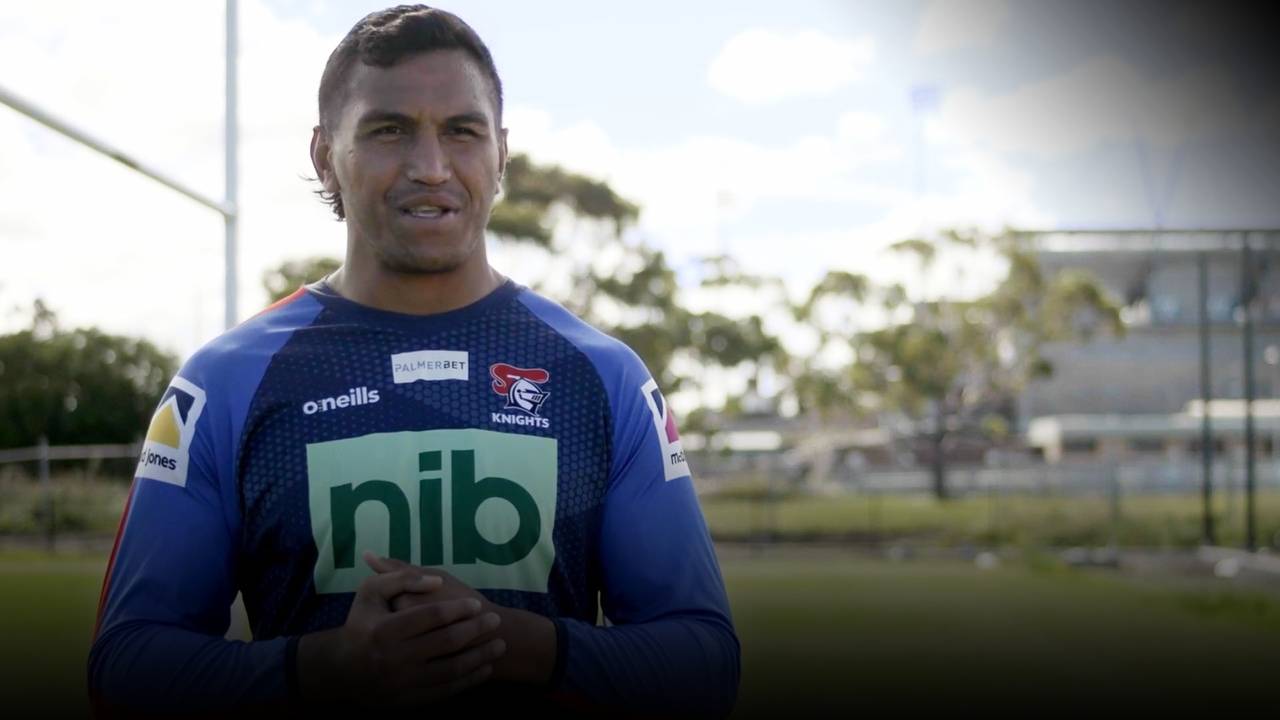
 Load More
Load More